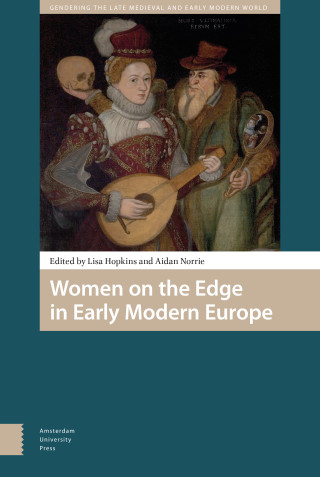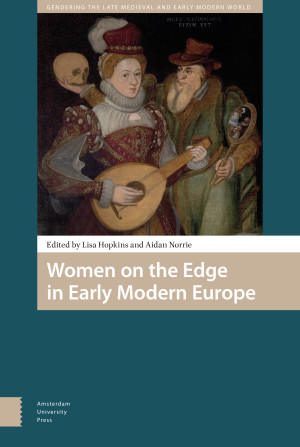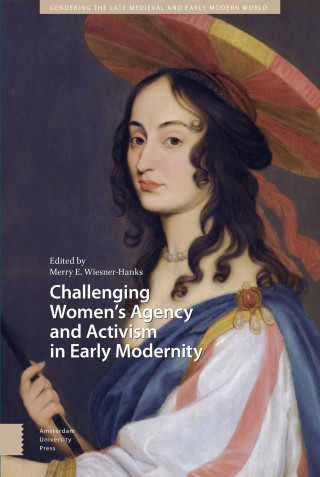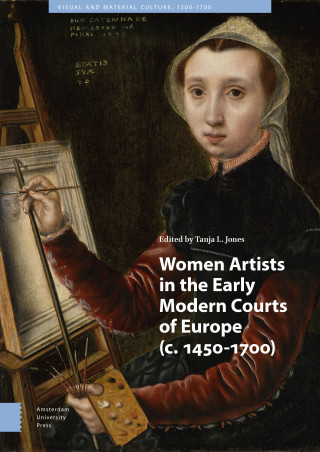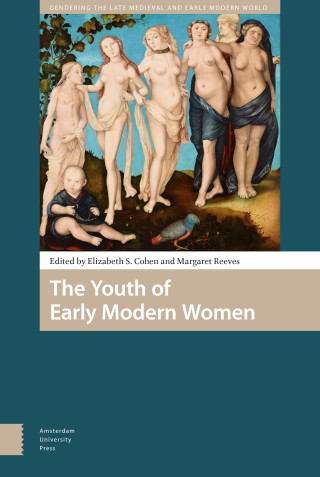"Women on the Edge seeks to write women on the margins into our history. This includes women who were marginalized at the time, as well as those who have been ignored by scholarship, despite their cultural, political, and professional contributions ... the contributors make a good case for showing why these women ought to be brought to the center of our attention, rather than remain delegated to the margins to which they were assigned during their lifetime ... The edition as a whole, then, illustrates the important role scholars have in centering or decentering women and their (textual) legacies."
– Lotte Fikkers, Leiden University, Journal of Early Modern History 25.5 (October 2021)
"This collection of essays provides particular insights into women living on a variety of margins and their attempts to construct mechanisms to cope and prosper, to survive, or at least give their deaths alternative meaning. The essays encourage readers to consider the challenges the women present to more established modes of understanding the past and its relationship to the present."
- Jessica L. Malay, University of Huddersfield, English Historical Review 135 (December 2020)
“In Women on the Edge in Early Modern Europe, Lisa Hopkins and Aidan Norrie present a series of essays that begin to break up the parched soil of long-neglected early modern ‘women on the edge’ to make way for future scholars to plow, plant, and grow new research. ... The anthology makes a strong case for continued primary-source research into secondary and tertiary women of the early modern period who have previously been eclipsed by women holding primary roles in society as well as men who played both central and secondary roles. It also makes a case for more expansive coverage of women and their influence in even superficial treatments of the period. The soil has been turned, and the field, it turns out, has the potential to yield excellent fruit."
- Britt Eyre-Mitchell, Journal for Early Modern Cultural Studies 20.3 (Summer 2020)
"Women on the Edge in Early Modern Europe ... challenges readers to focus their attention on women who occupy material and ideological spaces defined as 'the edge' ... Spanning two and a half centuries (ca. 1457-ca. 1701), this collection attends to women who have been little studied or who have been studied primarily for one, narrow '(in)famous event' (17). Such critical approaches that intentionally look away from the 'center' of early modern European cultures ... are an energizing way to recover and analyze early modern women's intersectional experiences. ... Undeniably wide-reaching, this collection ... will be of interest and particular use to interdisciplinary early modern scholars of gender, European history, politics, the English Interregnum, monarchy, and literature."
- Elisa Oh, Howard University, Early Modern Women 14.2 (Spring 2020)
